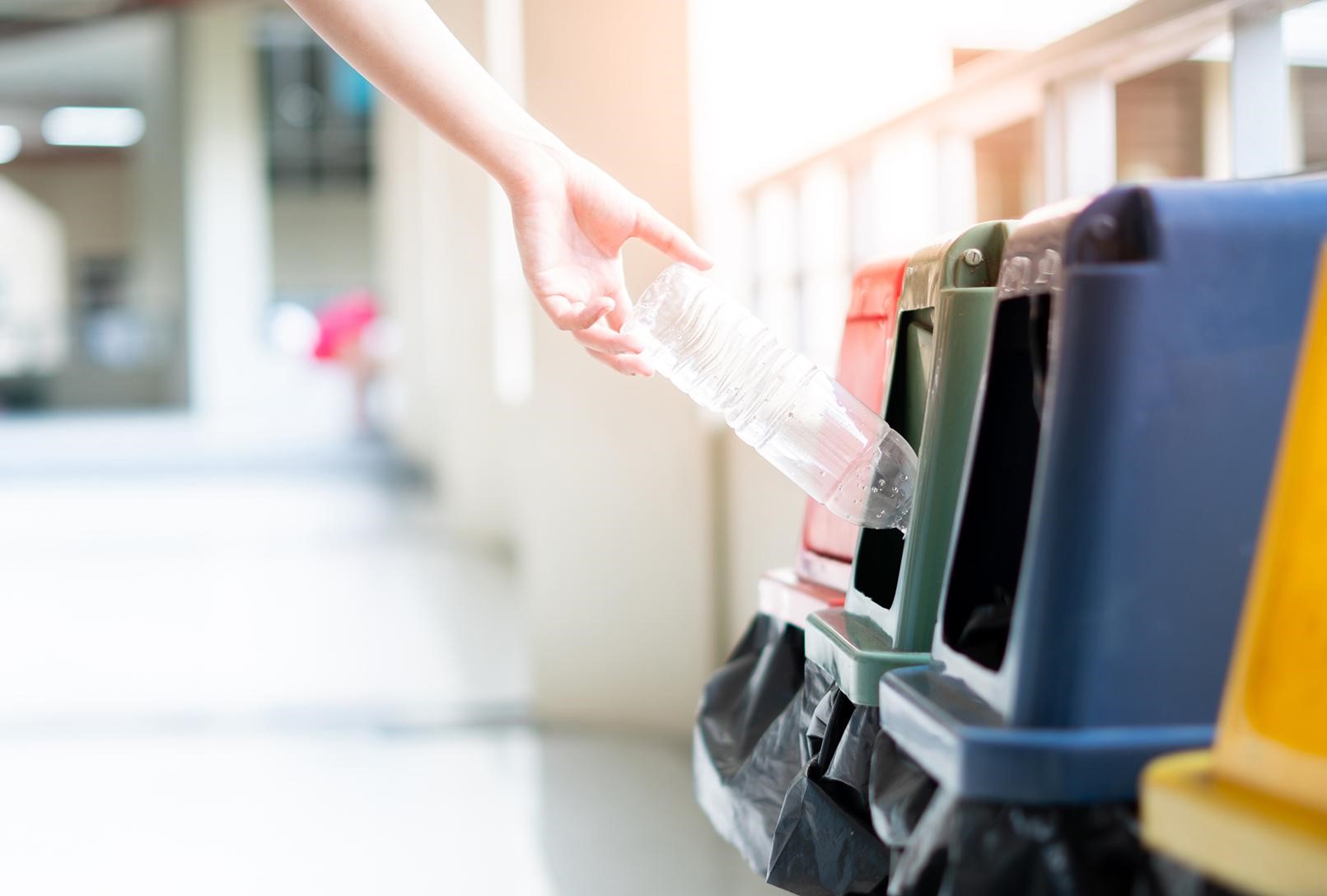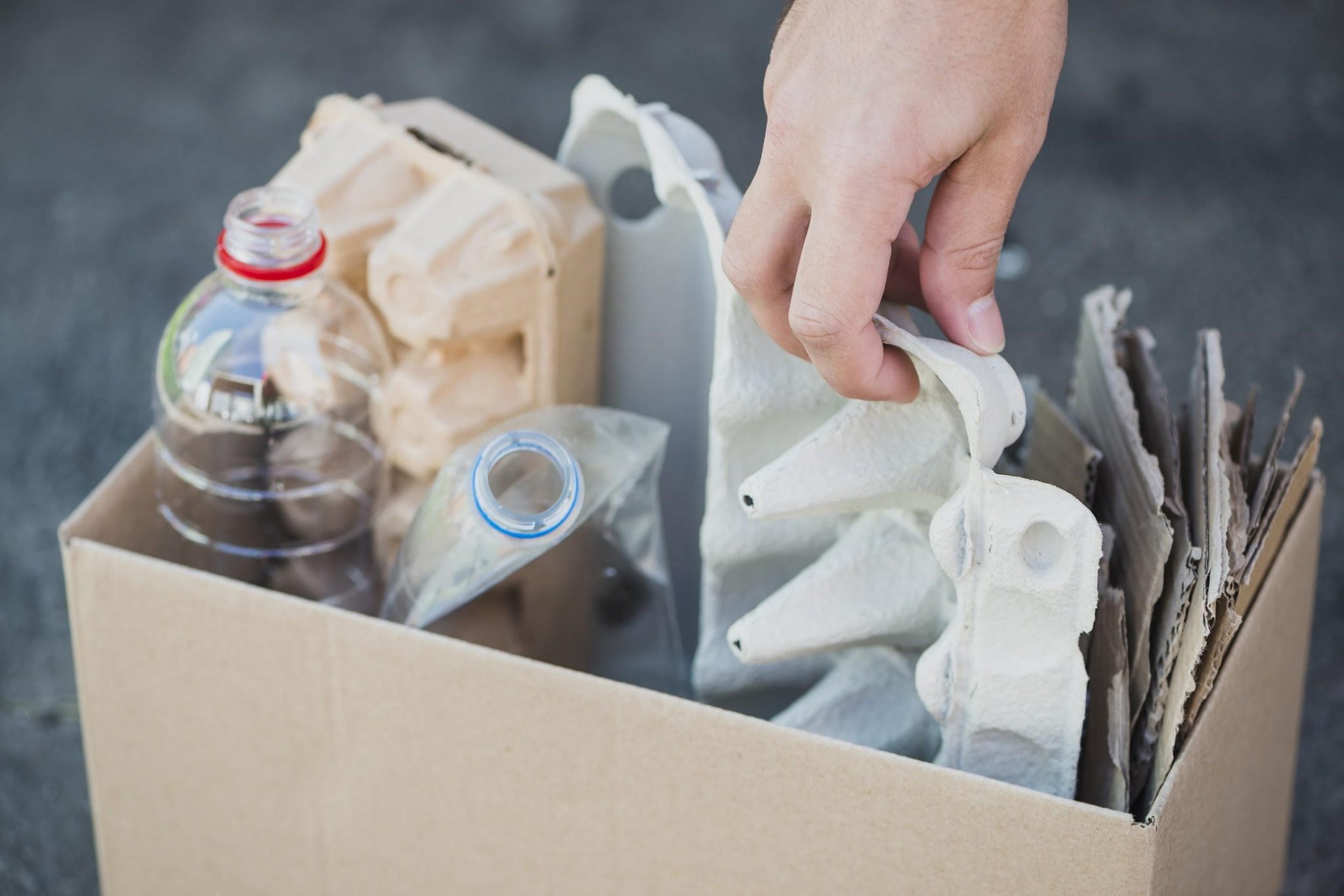
Recycling is one of the most overlooked topics in today’s society, and most people think that it is just a waste of time. If you look at the environment’s current state, recycling is the best way to save our planet and it’s the only thing we can do to contribute something as well.
There are many ways for you to recycle. You can even practice them while you’re doing household chores or running errands at the store. There’s no doubt there are many ways for you to develop better recycling habits. For you to recycle effectively, you first need to know how to segregate your waste from the things that you need to keep to the things that you need to throw away.
To further give you some concrete ideas, here are some tips to help you develop the best effective recycling habits.
Practice Not Using Plastic Bags!
This is a widely known and implemented practice for every country in the world to reduce the risk of having disasters such as flooded streets due to plastics blocking drains. You might want to avoid packing your goods in a grocery bag over the counter and start bringing your eco-friendly bags since these plastic bags biodegrade much faster than normal plastic which is better not just to for our natural environment but to our wild animals as well. A study shows that when a grocery bag is not disposed of properly, it dissolves into potentially harmful microplastics that can kill animals.


Know Which Plastics Are To Be Recycled
It is only beneficial to know the different types of plastic because not all of them are treated equally when it comes to recycling. Rigid plastics labelled by resin codes are commonly recyclable. Other than the numbers included in this list, the rest are less recyclable and you should take extra precautions when doing so. You also need to keep in mind that it is very difficult to recycle bags that can break down naturally like paper bags, chip bags, or cracker bags.
Practice Good Segregation
Not everyone has enough knowledge on how to segregate their trash in the best way possible. Yes, trash bins have labels on them, which often say “non-biodegradable, biodegradable, or recyclable,” but how can you practice proper segregation at home when you don’t know which trash to separate from the other? Here are some steps that will help you manage your segregation skills:
- Have separate bins for dry and wet waste inside your kitchen;
- Sanitary waste should be thrown away in a paper bag;
- Dispose of wet waste outside your house daily;
- Bring biodegradable waste to a place where it can be composted (even your nearest garden will suffice).
- Plastics that are thrown into the dry waste bin should be kept dry especially if they come from the kitchen;
- Rinse grass or plastic containers if they have food residue.


Know Your Hazardous Materials
There are some used materials in the house that no longer serve a purpose and need to be disposed of properly. These materials can be harmful to the environment and can sometimes be hazardous to your health too! It is essential to know what these wastes are and how to dispose of them properly to avoid further complications. Hazardous materials should not be included in your general waste disposal as they require special handling treatment before they can be disposed of. It would be best to contact your local waste management team to secure safety advice from them. Here is a list of some hazardous materials that you should separate from your waste:
- Batteries
- Tires
- Paint
- Solvents
- Fluorescent light tubes
- Aerosol
- Gas Canisters
- Oil and Fuel
- Electrical Appliances
- Plaster Board
- Asbestos
If you wish to have a greener environment for further generations to enjoy, start the change within the corners of your house to set the best example for your neighborhood. Proper disposal of your waste can lead to developing habits of effectively recycling things. We can do this!
What recycling methods do you use? What are some of your other suggestions?
Let’s share the word and do this together. The more people we have joining hands, the better we can do. For other ideas on how to keep our environment clean and healthy, check out this article with tips and tricks for a better world
Sources:
https://www.earthday.org/youre-doing-it-wrong-7-tips-to-recycle-better/
https://www.jaagore.com/current-issues/5-simple-ways-to-practise-waste-segregation
http://www.networkwaste.co.uk/waste-management/service/hazardous-waste-removal
